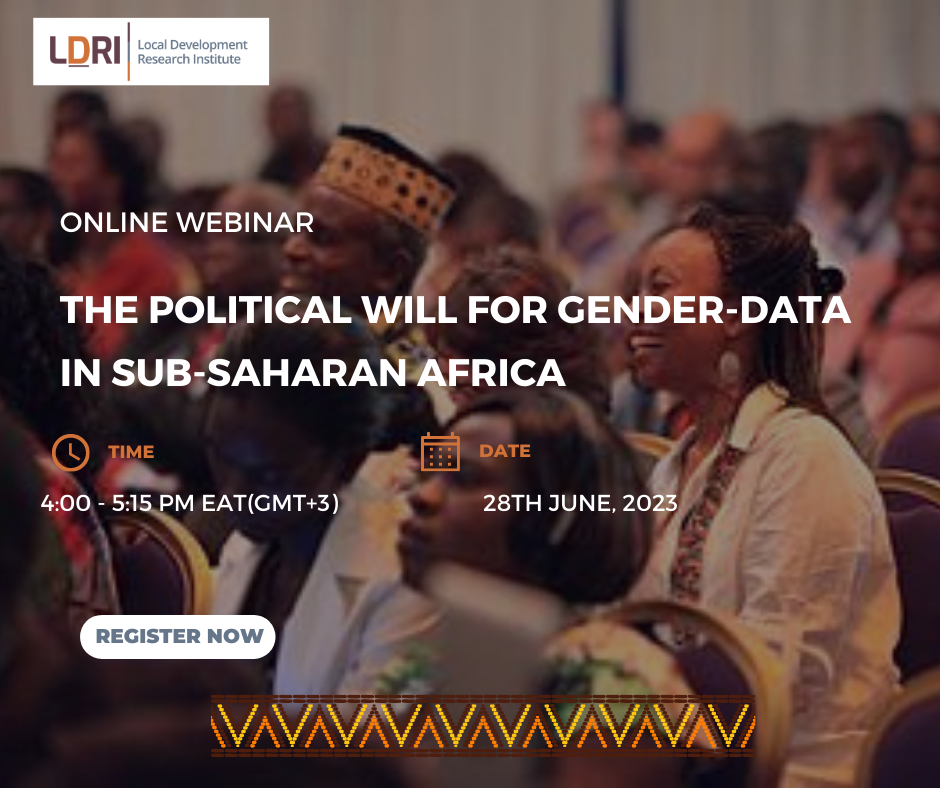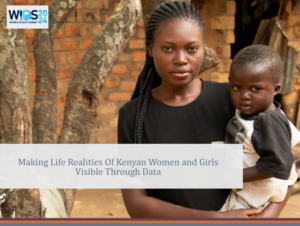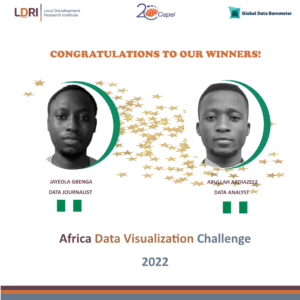![]()
Political Will For Gender Data In Sub-Saharan Africa

Background
The Local Development Research Institute (LDRI) is an action-oriented non-profit think tank supporting African countries in their efforts to take practical, evidence-informed actions to end extreme poverty, end hunger, and reduce inequalities. We support the development of capacity in governments and other stakeholder institutions across Sub-Saharan Africa to use data and evidence for better socio-economic development outcomes.
LDRI has been conducting a qualitative study covering twenty African countries, namely Malawi, Mozambique, Namibia, Uganda, Burkina Faso, Morocco, Ghana, Benin, Kenya, South Africa, Rwanda, Zambia, Togo, Tunisia, Sierra Leone, Liberia, Botswana Nigeria, Ivory Coast, and Senegal. The primary aim was to gather insights on the political will for gender data by conducting with key stakeholders in each country, including representatives from the National Statistical Offices (NSOs), government ministries, and development partners.
The questionnaire tool provided focused on testing the following assumptions to establish a qualitative baseline for political will and domestic resource mobilization around gender data. :
- There is a need for improved connections between gender data focal points at NSOs and political actors who set programmatic and funding priorities.
- Inadequate domestic resource mobilization for gender data which includes lack of an understanding on how gender data budgets are formulated, allocated and expended—as well as no clear set of advocates tracking (and demanding accountability for) gender data budgets over time.
- There seems to be some communication barriers between technical experts and policymakers, including lack of technical capacity of policymakers to interpret gender data.
- There could be issue Lack of relevance of gender data to policy priorities because data is old, not comparable, inaccessible, or other issues.
About the Webinar
We invite you to join us for this webinar aimed at sharing our initial findings from this study and hearing from participants views and suggestions on how to refine our understanding of the political will for gender data in Sub-Saharan Africa. During the webinar we will share the key findings and insights derived from the study, particularly in the areas of:
- Resource mobilization for gender-data which here refers to the financial and human resource.
- Technical Capacity and Institutional arrangements for gender-data especially the existing data infrastructure, gender-data skills and knowledge, policies and legal frameworks and stakeholder network.
- Politics and power, which relate to the formal or informal interactions among individuals and organizations and the influence on gender-data.
Objectives
- To expand our findings of the research.
- To consolidate the insights gathered from the webinar session and present synthesized recommendations for strengthening political will for gender data in Sub-Saharan Africa.
- To discuss potential follow-up actions, collaborations, and initiatives to address the challenges and promote political will for gender data in Africa.
Date: Wed,28th June, 2023
Time: 4:00 pm- 5:00pm EAT (GMT+3)
Platform: Zoom




